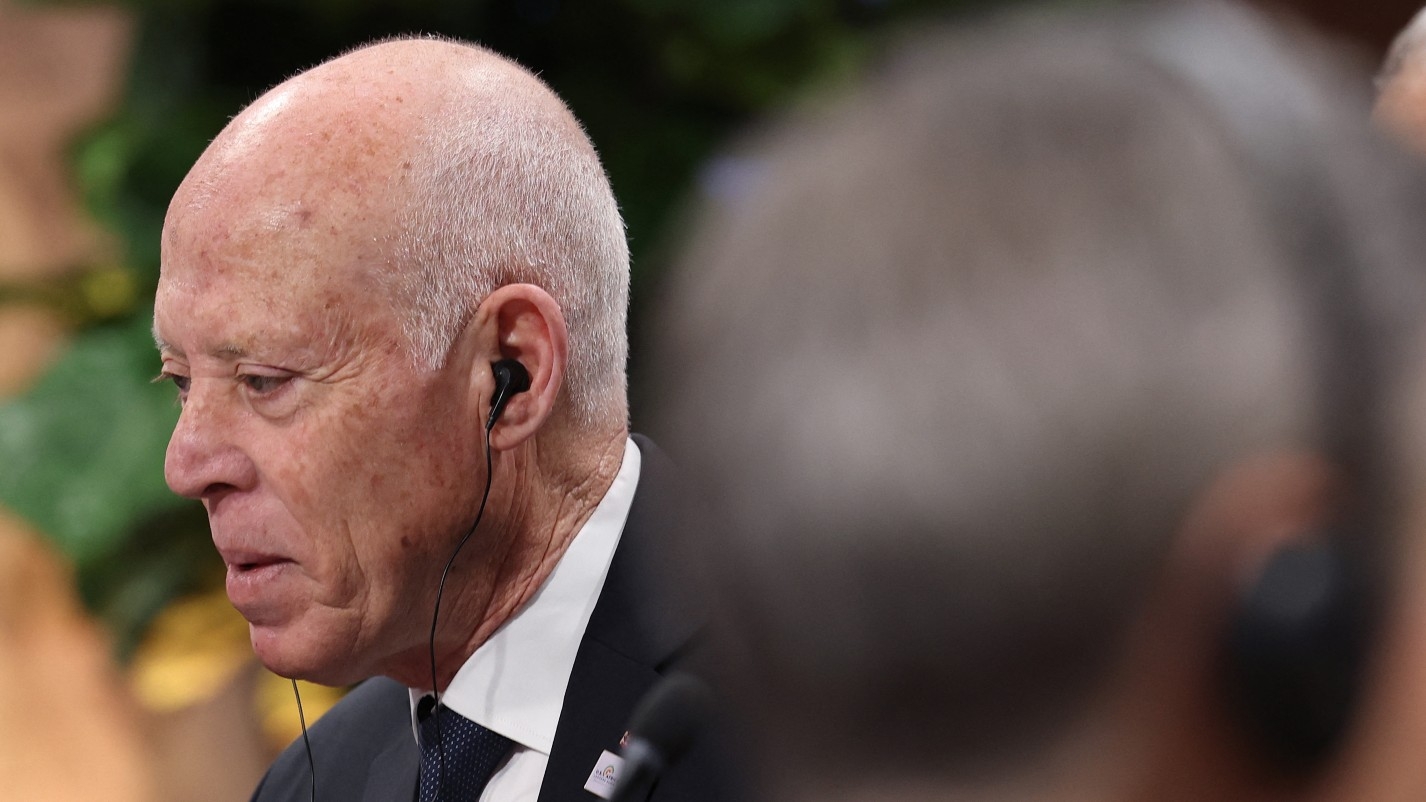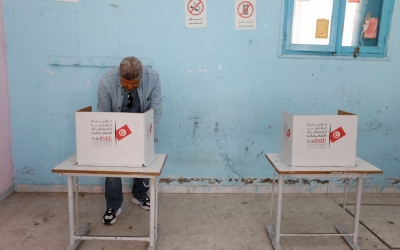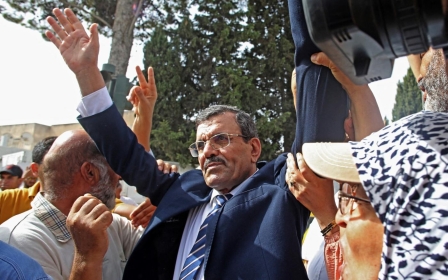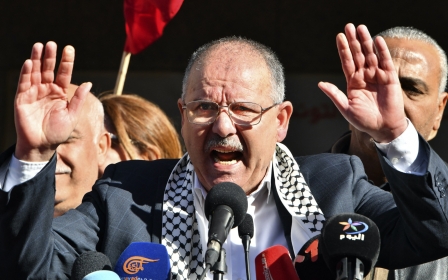Tunisian president extends state of emergency by one month

Tunisian President Kais Saied has extended the country's state of emergency until 30 January 2023, the official gazette said on Friday, following parliamentary elections which registered one of the world's lowest ever turnouts.
Saied's extension of the state of emergency is the second he has enacted this year. In February, he extended it until the end of this year.
The nationwide state of emergency was declared on 24 November 2015 after an attack in the capital, Tunis, which killed 12 presidential guards.
The Islamic State (IS) group claimed responsibility for the attack.
That same year, IS fighters attacked the Bardo museum in the capital and a coastal resort in Sousse, which together killed 59 tourists and a police officer.
Since the state of emergency was put in place, there have been numerous attacks in the North African country, including a 2020 suicide attack in Tunis that killed one police officer and wounded five others.
While the measure was taken in order to address the security situation immediately following the attack, rights groups have raised concerns that the continuing state of emergency is being used to clamp down on political opponents and activists.
Human Rights Watch said in a report published in February that "the imposition of exceptional measures under the state of emergency" included concealing secret detentions.
Last year, Saied seized power in what his opponents have labelled a constitutional coup, leaving proponents of democracy in the country with few options.
After sacking the prime minister and suspending parliament in July 2021, Saied pushed through a constitutional referendum that enshrined his one-man rule earlier this year.
But the low turnout - less than nine percent of eligible voters - in this month's parliamentary polls starkly contrasts with the 2019 results, when turnout was 42 percent. It also casts many questions about Saied's continuing grip on power.
Tunisia's powerful UGTT workers' union, which has one million members representing more than eight percent of the population, came out against the recent election, saying: "We no longer accept the current path because of its ambiguity and individual rule, and the unpleasant surprises it hides for the fate of the country and democracy."
Until recently, it has largely avoided directly opposing Saied.
Middle East Eye delivers independent and unrivalled coverage and analysis of the Middle East, North Africa and beyond. To learn more about republishing this content and the associated fees, please fill out this form. More about MEE can be found here.





